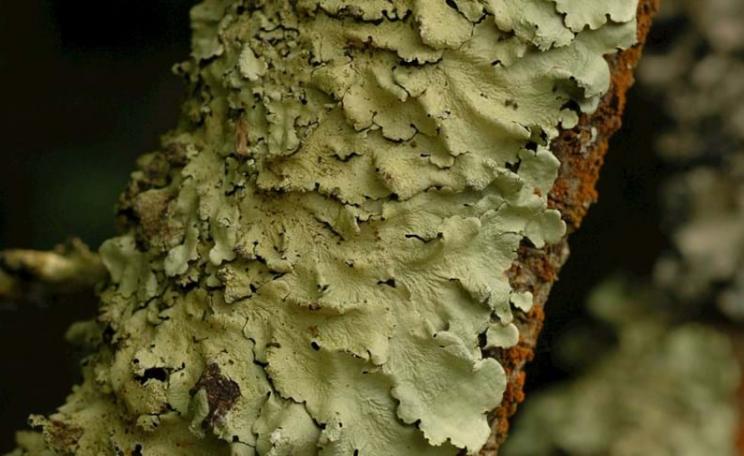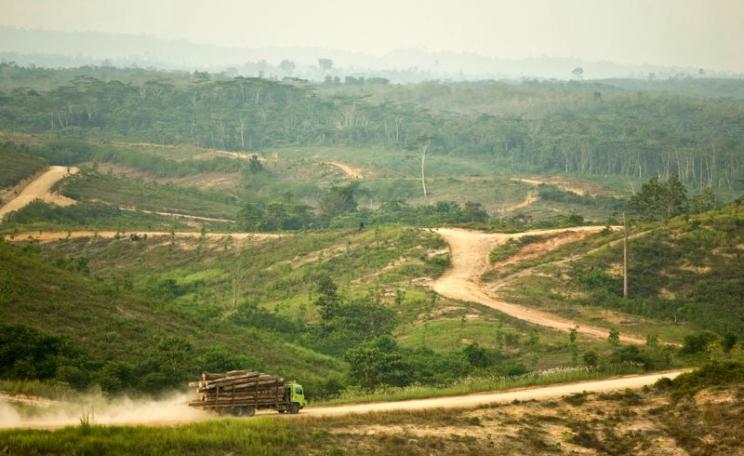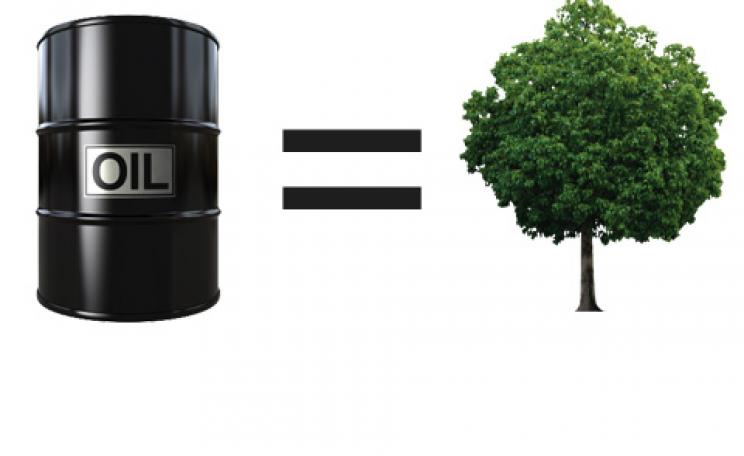I feel a sense of duty to contribute to and encourage activities that can reduce the threatened impacts.
In recent times, as awareness of the threats posed by CO2-driven climate change has increased, I have focused my attention on considering the possibility that trees, especially when successfully growing on impoverished soils with little agricultural potential, may provide an important ‘sink' for the carbon released by human activities. I see such tree planting activities as providing WIN WIN WIN opportunites.
The first WIN obviously involves CO2 capture, and hence contribution to the UK's commitment under the Paris Climate Change Agreement to reduce CO2 emmissions.
The second WIN, arising from the conversion of unproductive moorland soils to productive forests involves the provision of an economically valuable product which can reduce our dependence upon timber imports while serving as a significant source of employment in rural areas.
Simulated conditions
The third and no less significant WIN concerns environmental diversification. The UK has the lowest proportion of forest cover in the whole of Europe - currently at around 12 percent.
As they mature, these forests provide diverse environments that can serve as health-giving playgrounds for human recreation.
I like to cite the example of England's largest National Forest, Park-Kielder in Northumberland. This covers an area of over 250 square miles - 90 percent of which consists of coniferous trees.
I feel a sense of duty to contribute to and encourage activities that can reduce the threatened impacts.
These are the homes of red squirrels, various deer species, and ospreys-amongst much other wildlife. The Park hosts over 300,000 visitors a year.
With others in the University of Sheffield, I obtained significant Reasearch Council funding for the construction of a facility, the Sir David Read Controlled Environment Laboratories, in which trees and agricultural crop plants can be grown under simulated conditions of atmospheric carbon dioxide enrichment.
Re-greening our future
This facility provides us with the unique capability both to predict impacts of future atmospheric CO2 scenarios and to select species which promise to be most adaptable to the evolving environments.
It is currently in use to investigate the responses of tropical as well as temperate tree and food-crop species to grow under elevated CO2 (and temperature) environments.
I am passionate about the need to confront the emerging CO2-driven scenarios. And I am glad to have lived a long and happy life with the chance to have added to atmospheric carbon enrichment.
I feel a sense of duty, for the sake of future generations, to contribute to and encourage, if only in a modest way, activities that can reduce the threatened impacts.
For this reason I am delighted to be joining the panel at The Tree Conference in Glastonbury on Saturday 4th November, where leading tree scientists, tree and reforestation project leaders and artists, will come together to share their research, practical projects and visions for re-greening our future.
The panel and talks at the event will also be available to watch via Livestream on the day, so people can tune in from around the world.
This Author
Professor Sir David Read is the lead author of the Forestry Commission's report Combating Climate Change: A Role for UK Trees. He is Emeritus Professor of Plant Science in the Department of Animal and Plant Sciences at University of Sheffield. He is a Fellow of the Royal Society and was formerly its Vice President and Biological Secretary until 2008.
For more information about the Tree Conference, visit the website.




